A SHIFT in perspective, is this the next step for Linux phones?
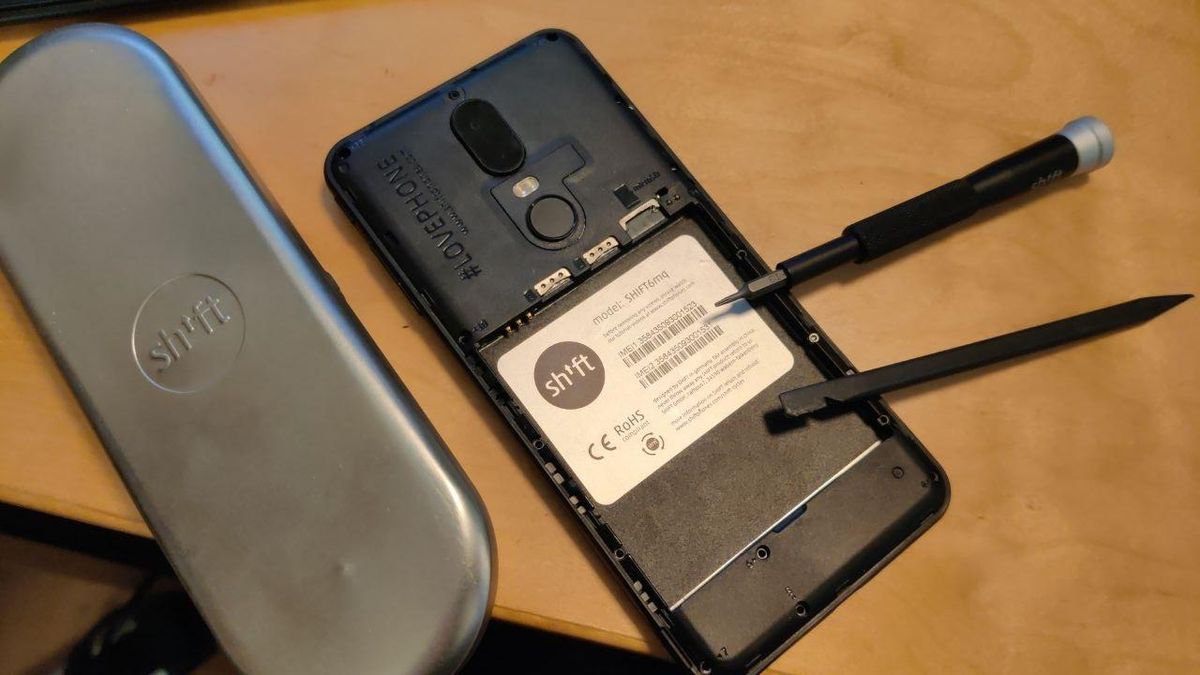
You have most likely heard of Fairphone, who iFixit claim to be "the world's most repairable phone", and certainly lives up to it. But now, there's a new kid on the block, and they have a different approach.
SHIFT are a very small phone manufacturer based in Germany, they produce quite a few models and even have a fully convergent device planned, sort of like the Motorola Lapdock of yonder years. In this article, I will discuss my experience with the SHIFT6mq, and why I think you will hear a lot more about SHIFT in the future.
Full disclosure: I was sent a SHIFT6mq for free so that I could work on mainline Linux support. However, SHIFT have not had any input on this article.
SHIFT first caught my eye when someone on Twitter mentioned that they offer a Snapdragon 845 device, which suggests that it would be possible to bring up mainline Linux support and get a lot of the hardware working quite easily! I immediately reached out to them and talked to one of their developers. Whilst my device was shipping from Germany, I gave him a few hints, and he was able to get mainline Linux up and running with support for the display, touchscreen and modem before my device had even arrived!
The device has the following specifications:
| Manufacturer | SHIFT |
|---|---|
| Name | SHIFT6mq |
| Codename | shift-axolotl |
| Released | 2020 |
| Original software | Android 10.0 |
| Chipset | Qualcomm SDM845 Snapdragon 845 |
| CPU | Octa-core (4x 2.8 GHz Kryo 385 Gold & 4x 1.7 GHz Kryo 385 Silver) |
| GPU | Adreno 630 |
| Display | 1080 x 2160 AMOLED |
| Storage | 128 GB UFS 2.1 |
| Memory | 8 GB |
| Architecture | aarch64 |
| Price | 699 Euro + 22 Euro deposit (refunded when the device is returned) |
The SHIFT6mq is SHIFT's "high-end" device, as the 2018-flagship specs suggest. The retail price appears quite high, considering you can buy a refurbished OnePlus 6 for considerably less.
Well, SHIFT aren't like other device manufacturers, they ensure that all of their workers get paid a living wage, from ethically sourcing the gold used in their devices to running their own factory in China, which unfortunately translates to a higher cost for the consumer. Which also makes you wonder how the rest of our technology is able to be so cheap... You can read more on the SHIFT impact here, and in an interview with the founders (paywall warning). I would also highly recommend this piece which covers the manufacturing process of SHIFT – it's completely in German, bu translated subtitles are available.
The SHIFT6mq experience
The first word that came to mind when I picked up the 6mq was "big". This thing definitely stands out: it's about the same size as a PinePhone, but about 1mm thicker. This seems to be the price to pay for repairability. The back cover of the device is made of a soft textured plastic, and feels really nice in the hand. It snaps off easily to reveal the dual SIM slots and microSD card slot, as well as the removable 3850mAh battery. The text #LOVEPHONE is stamped inside the back of the device. Cute!
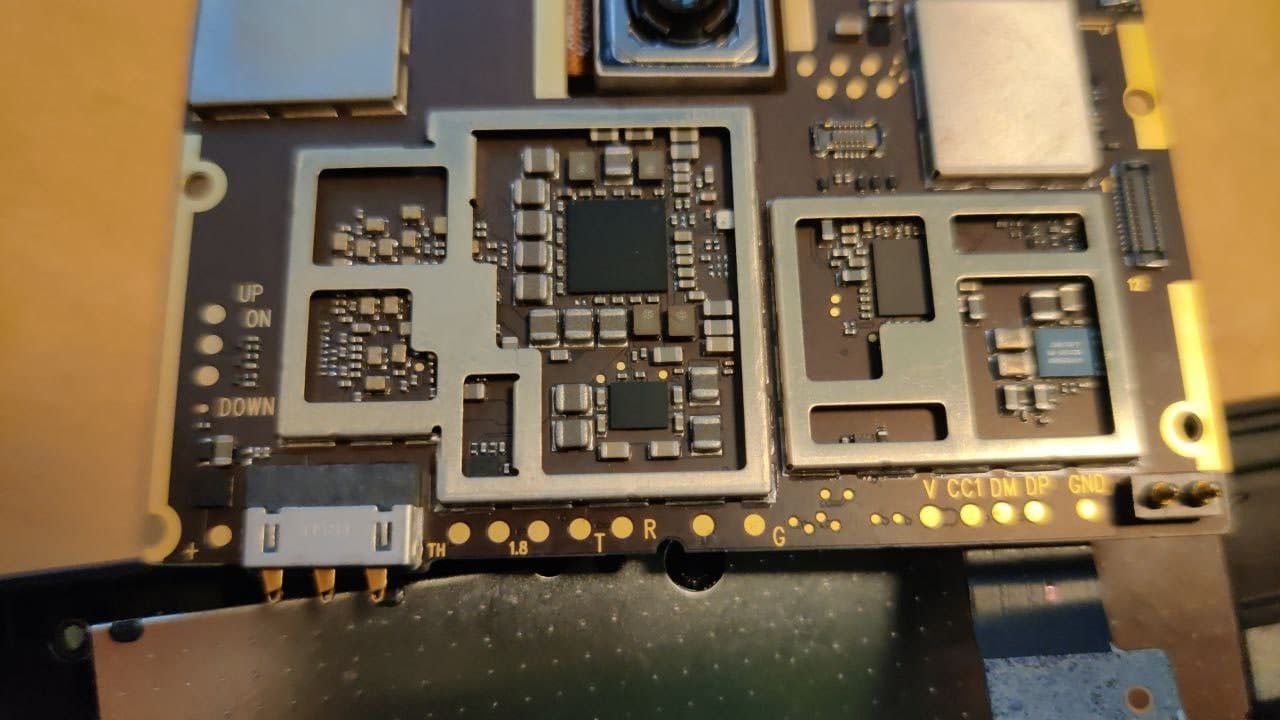
Additionally, undoing 14 screws and removing the mid frame, as well as popping off the SIM card trays and shielding will reveal a hacker’s dream – a whole lot of labelled testpoints!
Unfortunately, it's not all sunshine and rainbows. I noticed a few issues with the device, which are really just a symptom of being a tiny device manufacturer, some of the most notable:
- The display quality isn't great compared to modern flagships, it is an AMOLED but the colours are not fantastically vibrant.
- The chassis is entirely plastic, making it feel slightly less nice that one would expect for the price tag. An aluminium frame would make a difference here.
- The haptic feedback feels quite weak, and for a device with the heft of the 6mq, strong, sharp haptics are a must. My experience seems to be that the haptics driver built into Qualcomm SoC's is not that great. All the devices I've used with good haptics use an external I2C haptics controller.
- The device ships with TeamViewer "quick access" preinstalled, and signed with a custom key. I've been told that this is for support, as currently a large majority of their userbase are elderly people who aren't too comfortable with phones. However, the custom key means that it is impossible to update the app via the Play Store, leaving the potential for a pretty bad security issue. if an exploit is discovered, or if someone contacts users pretending to be SHIFT support. SHIFT have told me they will be resolving this and no longer preinstalling the app ASAP. In the mean time I would recommend switching to a custom ROM, or keep reading this article.
I would struggle to fault SHIFT too much, as these issues aren't usually deal breakers, especially when the focus is so high on sustainability.
The SHIFT6mq also ships with secure boot off, meaning it's possible to hack on the firmware, and work towards reverse engineering it. It also opens up the potential to run a custom hypervisor for fully accelerated virtual machines!
So where does Linux come into play?
SHIFT have quite a unique perspective on their devices, considering a big part of sustainability to be longevity. After all, paying so much for a solid, ethically sourced device only to replace it two years later somewhat defeats its purpose.
But what is a long lasting phone without long lasting software? SHIFT want to ensure that their devices can be kept up to date with the latest software for a decade or more! That might sound like a long time, but really, why shouldn't our phones last for that long? Many good laptops do – for example the ThinkPad X220 and T430 are still beloved machines by many despite their age, and still more than capable for web browsing or even taking on the go.
Most Android devices depend heavily on support from both Google, the SoC manufacturer, and the device manufacturer. The Snapdragon 845 found in the SHIFT6mq is still running Linux 4.9 which release almost 5 years ago to the day, and it's only expected to receive stable patches until January 2023. Not only that, this kernel has roughly 5 million lines of code added by Google and Qualcomm which aren't in the upstream kernel, meaning it lacks any of the regular testing done by kernel communities, and is often of a considerably lower quality than you would expect. Another side effect of this is that many drivers for hardware like the camera and sensors are actually implemented in userspace instead of the kernel. This means they don't have to meet the requirements of the GPL2.0 license imposed on all kernel code and can instead be kept proprietary by Qualcomm.
In short, this makes it pretty much impossible to support the device without cooperation from Qualcomm, which does not come cheap.
But There's another way...
As most of you have probably guessed by now, mainlining offers a way out. The Snapdragon 845 has stellar support in the upstream kernel, and is actively maintained and developed by actual real paid developers!
I have been told by SHIFT that they had mainline in mind when choosing the SDM845 for their first flagship device, and given how open and helpful they have been I don't find that hard to believe. They seem to genuinely care about the community, and realise the interest they share with the mobile Linux community in supporting phones for longer periods of time and with better, cleaner software.
So what next?
Alexander Martinz – one of SHIFT's core developers – worked with me to get mainline booting on the device before my unit had even arrived! In fact, much of the core hardware including the display, touch screen, and modem were up and running by the time I actually got my hands on the device! There are still some kinks to work out; for example, WiFi is currently not working and proving quite tricky to debug. But we hope to land initial support for the device upstream soon. Alex also contributed support for the device in postmarketOS, so if you own one you can already go and try out Linux 5.16 RC on it! Excluding the broken WiFi and lack of audio support, it is pretty much already up the same level of support as the OnePlus 6 and PocoPhone F1.
I am excited to be working with SHIFT to bring Linux to their devices, and work towards a product which is both sustainable and can be supported for the years to come with stable, upstream software.

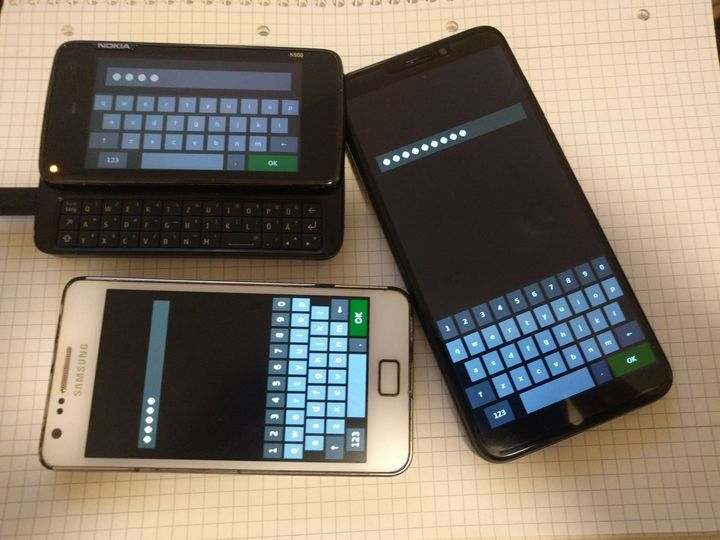
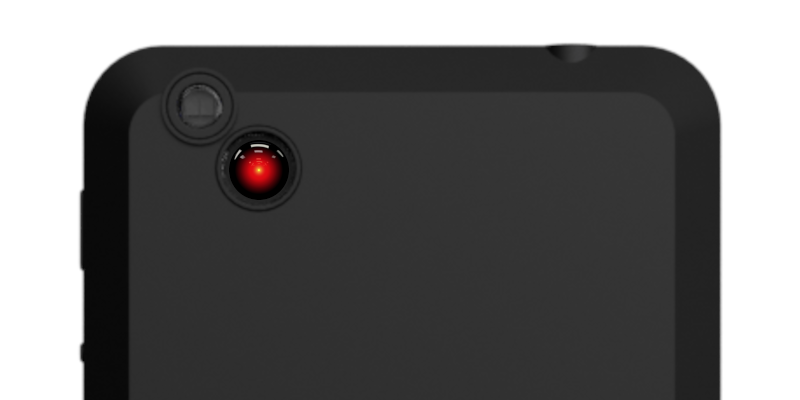
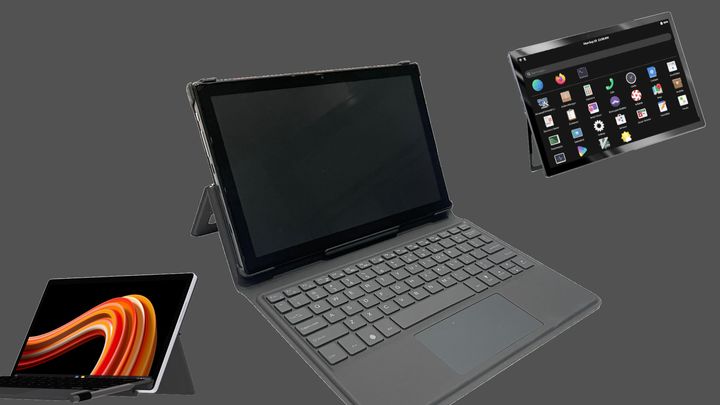
Comments ()